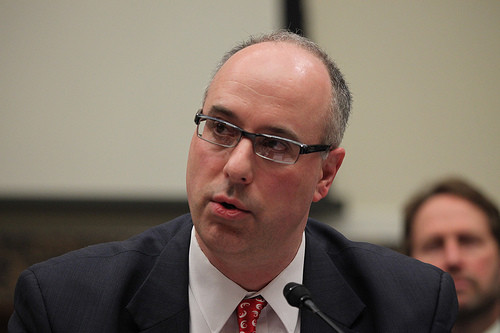Originally published in the Seattle Times on September 10, 2015
Friday’s Washington state Supreme Court decision against charter schools revealed that public school policy in Washington is about money — and only money.
Relying on a case from 1909, the court ruled that the state’s “common school funds” can be spent only by locally elected school boards. Because charter schools are nonprofit organizations whose boards are not elected, the court invalidated their existence.
This is an accounting problem, not an educational problem. If the state paid for charter schools differently, there would be no issue. The Legislature could save the state’s charter schools by simply changing their funding source from one state fund to another.
But for parents, taxpayers and the general public, the accounting details of this case are not what is important. The important thing to understand is that the state Supreme Court invalidated the will of voters, parents and educators because of a technicality on how charter schools are funded. Voters approved the charter schools law. Educators worked to open charter schools. Parents enrolled their children in these schools. And the Supreme Court overruled them all because of money.
This is a perfect example of why we have the problems we have in our public schools. The traditional public school system — the one created more than 100 years ago — was created by a set of laws and regulations that perpetuate its existence. But new ideas, by definition, do not conform to the turn-of-the-last-century practices and these new ideas change how our schools are organized, operated and funded.
In 1909, gays and lesbians were not allowed to marry, women were not allowed to vote, and our public schools were segregated by race.
In 2015, gays and lesbians can marry and women can vote, yet the academic outcomes of poor, African-American and Hispanic children still lag far behind the academic outcomes of white, Asian and wealthier children. High-school graduation rates for black and Hispanic students in Washington are 13 percentage points lower than those of white students and 19 percentage points below Asian students. Graduation rates for low-income students, Native American students, and students with disabilities are even lower.
What can be done? Charter schools are part of the answer. A recent Stanford University study found that “urban charter schools in the aggregate provide significantly higher levels of annual growth in both math and reading,” than traditional public schools. Of course, not every charter school is going to automatically do well, which is why Washington was smart to build quality controls into its charter-school law.
We need new ideas in our public schools. Yet new ideas are opposed by the old system, not based on their educational effectiveness, but because they change who controls money and how it is spent.
In the charter-school decision, Washington’s Supreme Court continued this shameful practice by citing a 1909 law about the control of money. It’s time for Washington, its schools and its Supreme Court to join the 21st century, recognize the will of the voters and the choices of parents, and restore its charter schools law.



